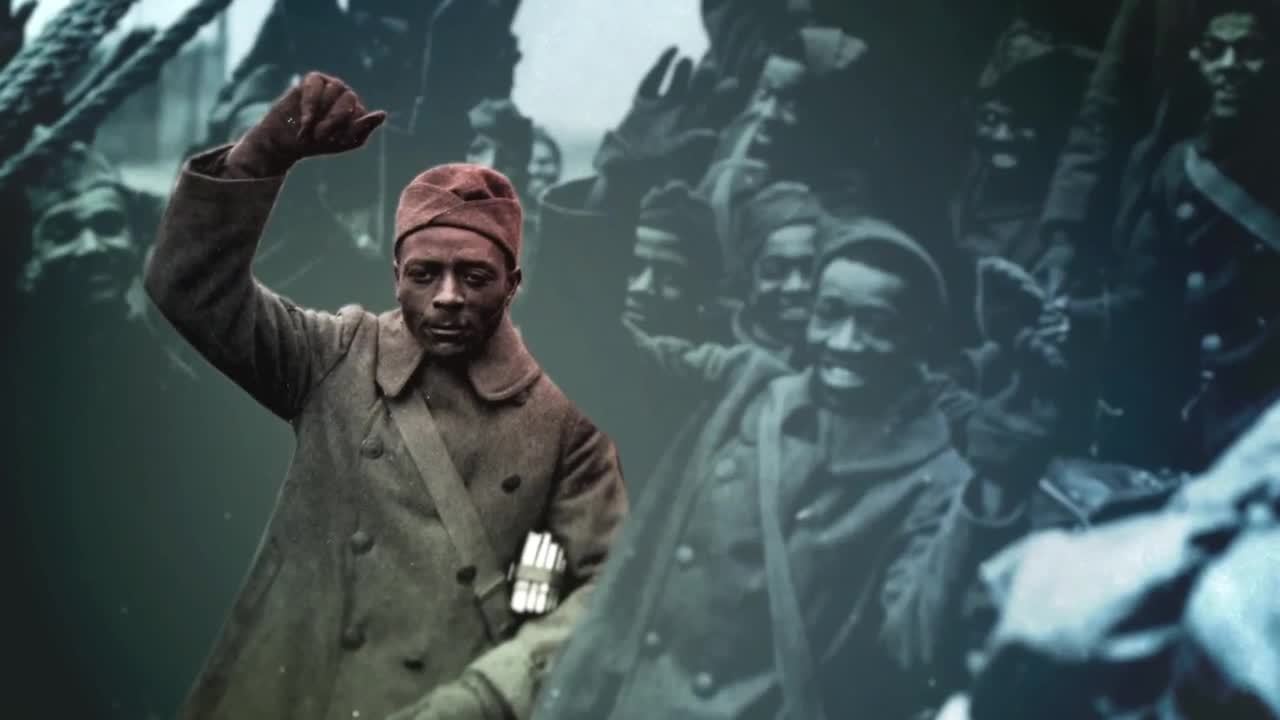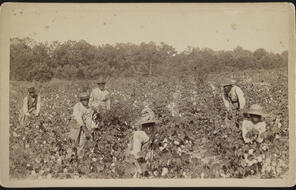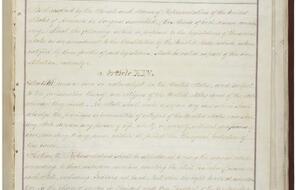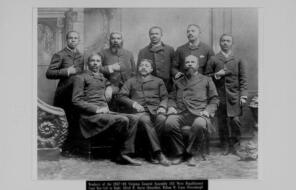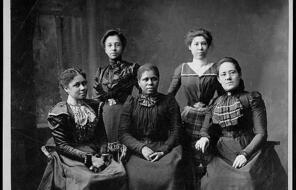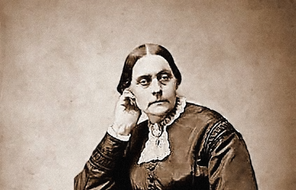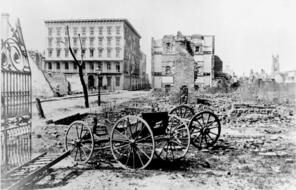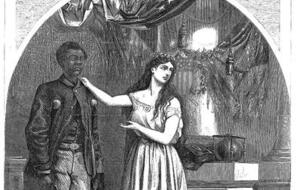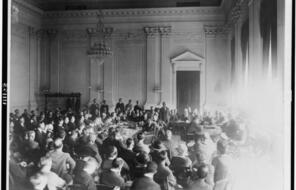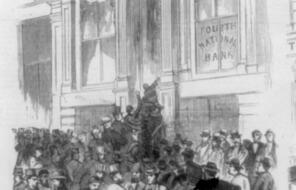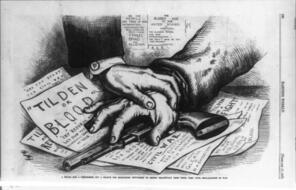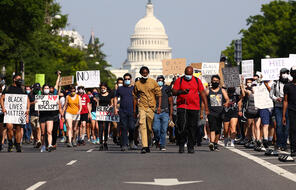[MUSIC PLAYING]
World War I occurs during the height of white supremacy. You might be a citizen, but you had no equal rights. It was a horrific time in the United States for Black people.
At the time the US enters the First World War, African Americans are largely living in rural areas in the South. Decades after the Civil War, slavery has ended. But a new system, Jim Crow of sharecropping and segregation, has replaced it and largely excludes them from equality in the political or economic realm.
The war created opportunities for African Americans in the North in war industries, in metalworking industries, the shipbuilding industries.
By the end of 1919, nearly 1 million African Americans have left the rural South in a movement called the Great Migration. That would transform African American life. Just as it does for every other ethnic or religious minority, the war creates both obligations and opportunities. They are asked to conserve food, buy bonds, support the war effort.
Women play a crucial role in this. There are a number of women's organizations that supported the war effort. There are a number of African American women who would like to be nurses and to go abroad, but they are not allowed to. There were a number of African American women who wanted to work in the YMCAs abroad. Only two of them will be allowed to go.
African Americans make substantial contributions on the home front. They will raise some $250 million in war bonds. This is a huge contribution in terms of their wealth, which they had very little. The question that would arise as the war continued was whether African Americans should serve or not.
What motivated African American men to serve in World War I was a belief that demonstrating their loyalty and patriotism was important to being accepted as citizens.
The experience of African American soldiers in the First World War varied widely. If you were a stevedore or pioneer, you basically were doing construction work or laboring work.
In many instances, they were put out in front, doing labor work and exposed to all kinds of enemy fire without the kind of weaponry or training to protect themselves. But one of the most gruesome tasks was the Graves Registration Service. These were the men who had to disinter the bodies of fallen soldiers.
So you have that on one hand. And then in the middle, you have the African American combat soldiers. For example, the 92nd Infantry Division. They will be awarded a huge number of what are called Distinguished Service Crosses, which is the second-highest award for valor the United States can give. But white Southern officers condemned it as being a division of rapists, malcontents, and of incompetent Black officers. The 12,000 men who served in the four regiments in the French army have a totally different experience.
The Allies, particularly France, are desperate for more troops. General Pershing doesn't want to give the French what he considers his best American soldiers. But he is willing to transfer African American units that he has less respect for.
The 369th Regiment, best known as the Harlem Hellfighters, will serve for the rest of the war in French divisions. It will compile the best record of any comparable American unit. It served the longest time at the front-- 191 days. It never lost a prisoner or a foot of ground to the Germans.
Blacks had proven that they could fight courageously. Henry Johnson, for example, fended off a contingent of some 24 Germans who had attacked their outpost. He really became the first ground combat hero of World War I. He received the French Croix de Guerre Cross of War with palm, the highest level that it was given. But he does not receive an American honor. He basically died in obscurity.
Henry Johnson ultimately received his Medal of Honor in 2015. There is no substitute for having those medals awarded at the time that they were won.
Black soldiers returned from war, expecting that their heroic service will result in much better treatment. What they find in many instances is resentment and hostility, that they are a threat to the racial status quo.
White Americans were intent in ensuring that Black people remembered their subordinate place in society. And they were willing to use violence to make that clear.
In 1919, there were racial riots in so many places, which is known as the Red Summer. Because it was a summer in which there was blood spilled. Many of the riots in the past had been massacres. But this time, Blacks stood up and showed that they weren't going to die lying down.
W.E.B. Du Bois actually goes to Europe to interview African American troops. And he's appalled at what he learns. He now says, we return from fighting, we return fighting. And now, if white Americans are not prepared to change their attitudes, Black Americans are prepared to continue the fight for equality. And in some respects, the First World War is a strong impetus to the Civil Rights Movement that the Second World War, in a sense, will bring ultimately to a head.
[MUSIC PLAYING]
